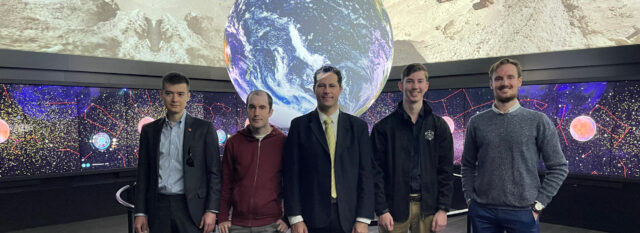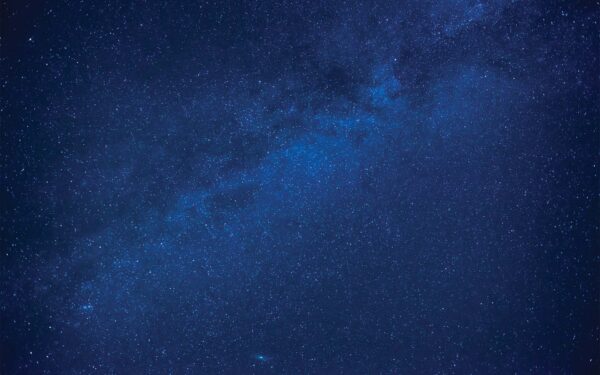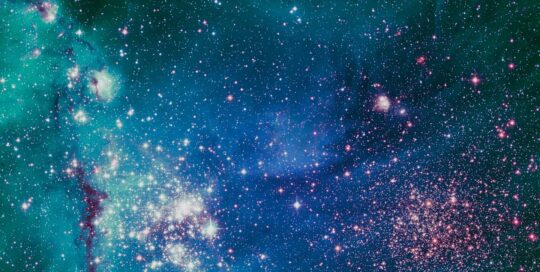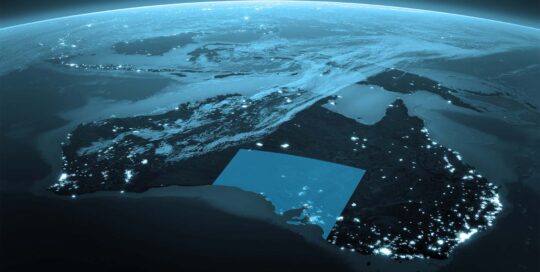South Australia’s space sector continues on its upward trajectory, with seven new space companies joining this year’s renowned Venture Catalyst Space program.
From eliminating cyber junk to boosting cybersecurity, this year’s cohort will focus on a range of innovative ideas that will add important capability to the state’s space economy.
An impressive list of emerging space companies have been chosen to participate in the six-month accelerator program, including four South Australian companies that will be joined by international startups from India, Canada and New Zealand.
ICC Director Jasmine Vreugdenburg says that this year’s participants represent some of the strongest South Australian companies that the program has seen to-date.
“The local talent joining our program is a true testimony to the successful development of South Australia’s commercial space ecosystem,” Vreugdenburg says.
“We know our NewSpace sector is growing by more than 64 per cent per year, and we are well on track to grow our industry by more than $8 billion by 2031.
“Adelaide, as Australia’s space capital, is leading this charge, and our four new local startups will bring significant breadth and diversity to our domestic space sector.”

Representatives of local companies in the 2023 Venture Catalyst Space cohort.
The expertise of local participants ranges from educational satellites, sustainable satellites and Big Data processing to Artificial Intelligence technology.
This year’s cohort join the ranks of 29 former startups that have collectively raised $14 million in additional investment and grants, while creating more than 100 space jobs.
The 2023 Venture Catalyst Space cohort are:
| AICRAFT Adelaide, Australia |
24/7 ultra-fast data processing for space activity in orbit, advancing cybersecurity features and capabilities. |
| Guerin Technologies Bangalore, India |
Lightweight and compact space-deployable antennas for satellites, that significantly reduce the cost of space launches. |
| Metaspectral Vancouver, Canada |
Using edge computing and AI to detect materials and chemical compositions that are otherwise invisible to conventional cameras and the human eye. |
| Paladin Space Adelaide, Australia |
Developing reusable satellites that collect and eliminate space debris, increasing the safety of astronauts and mitigating costly damage to space infrastructure. |
| Robinson Aerospace Systems South Australia |
Robinson Aerospace is developing RASCube, an educational satellite kit that is designed to look, feel, function and assemble just like a real CubeSat, but not go into space. |
| Skyspec New Zealand/Japan |
SkySpec is detecting and continuously monitoring hazardous chemicals in the air on land and in water using the latest satellite data acquisition technologies combined with artificial intelligence and machine learning techniques. |
| Team 3 Adelaide, Australia |
Team 3 have developed the DISA (Data Intelligence, Search & Analysis) platform to conduct operations in information and space domains. |
Part of the South Australian Government’s Space Innovation Fund, the Venture Catalyst Space program supports start-up activities to develop and grow innovative or disruptive ideas in the space sector, providing tailored support, mentoring and access to Uni SA networks and resources.





